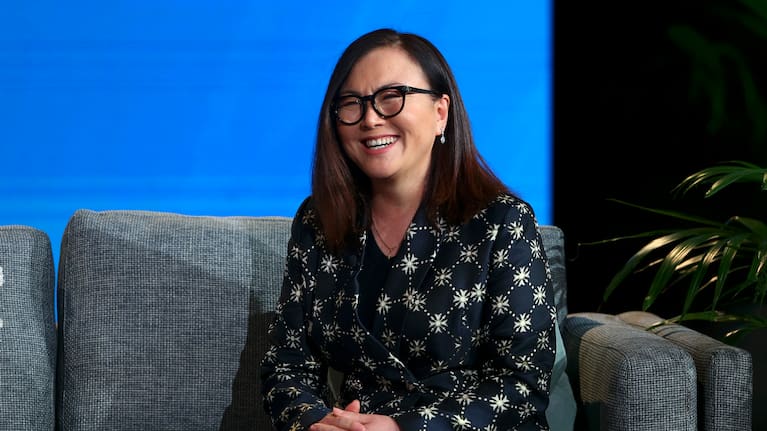Analysis: The digital news experience across the Tasman paints a challenging picture for the future of New Zealand media, writes Australia correspondent Aziz Al Sa’afin.
As recent events at Newshub and TVNZ have shown, New Zealand is not immune to the crisis that is facing media organisations around the world.
Warner Bros. Discovery’s closure of Newshub and TVNZ’s downsizing and programme cancellations will see hundreds of people out of a job in the coming months, even after Stuff takes over producing a 6pm bulletin for Three.
Media and Communications Minister Melissa Lee has not yet been forthcoming with her plans for addressing the issues the media industry is facing.
While she’s confirmed she’s planning to take a paper to Cabinet, what’s in that is anyone’s guess, as she has refused to share any details.
Lee says she’s also looking forward to seeing a select committee report into the Fair Digital News Bargaining Bill next month.
But experience with a similar bill in Australia suggests it is not going to be the lifeline the industry is hoping for.
The Fair Digital News Bargaining Bill
This proposed legislation would require digital platforms like Facebook and Google to pay for the use of news content on their platforms. It aims to give news publishers fair compensation for their content.
The bill is not Lee’s; it is a piece of legislation that has been carried over from the last government.
It is currently before a select committee with Lee only saying she’s looking forward to seeing what it reports back with.
But if what has happened in Australia with a similar piece of legislation is any indication, New Zealand’s news organisations probably shouldn’t hold their breath.
What’s happened across the ditch?

For the past three years, Facebook owner Meta has been paying Australian news media organisations for their content.
It was the first country in the world to negotiate such a deal and, up until recently, it was going swimmingly.
The millions of dollars from that deal had been helping newsrooms across the country grow and prosper at a time where it looked grim.
If it weren’t for that deal these past three years, the Nine newsroom I work from today would have looked a whole lot different – or so I am told by the countless journalists, managers, and executives I work with every day.
However, that all changed on March 1 when Meta (currently worth $US1.3 trillion) announced it won’t renew the contract it made with the Australian government.
To rub more salt in the wound, Meta said it would be shutting down Facebook’s news tab features in Australia, effectively telling the world it did not care about news.
Meta’s move, as you can imagine, copped major backlash from news agencies in Australia because it spelled out a bleak future for journalism and news consumption across the country.
It’s worth pointing out Canada has also introduced a similar bill, which Meta responded to by blocking access to news on Facebook and Instagram in that country.
So, is the Fair Digital News Bargaining Bill futile?

Back in New Zealand, the select committee’s report on the Fair Digital News Bargaining Bill will likely come back with one of two recommendations.
Either we need to make tech companies pay for news content, or we do not. If it is the former, we are exactly where Australia is right now, and if it is the latter, we are exactly where we began.
While Lee herself supports making “tech giants pay a fair price for news content”, the reality is platforms like Meta probably won’t cooperate for little old New Zealand when they have already turned their backs on Australia and Canada.










